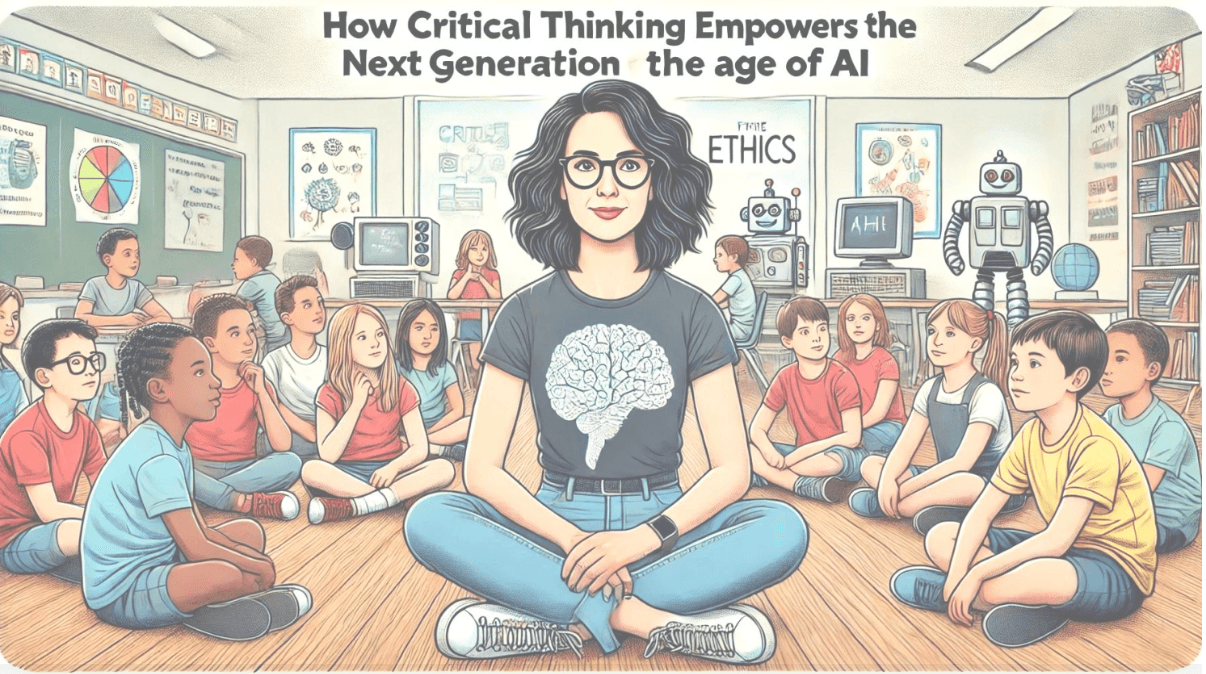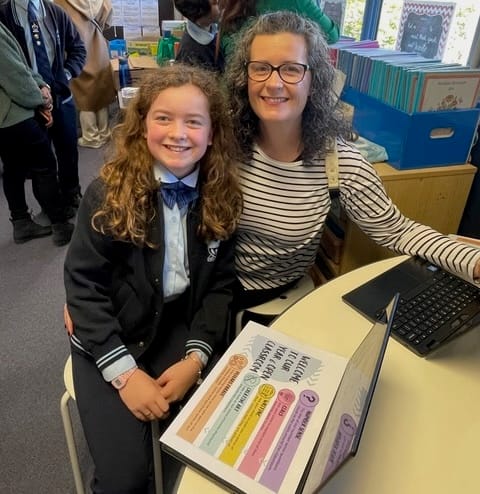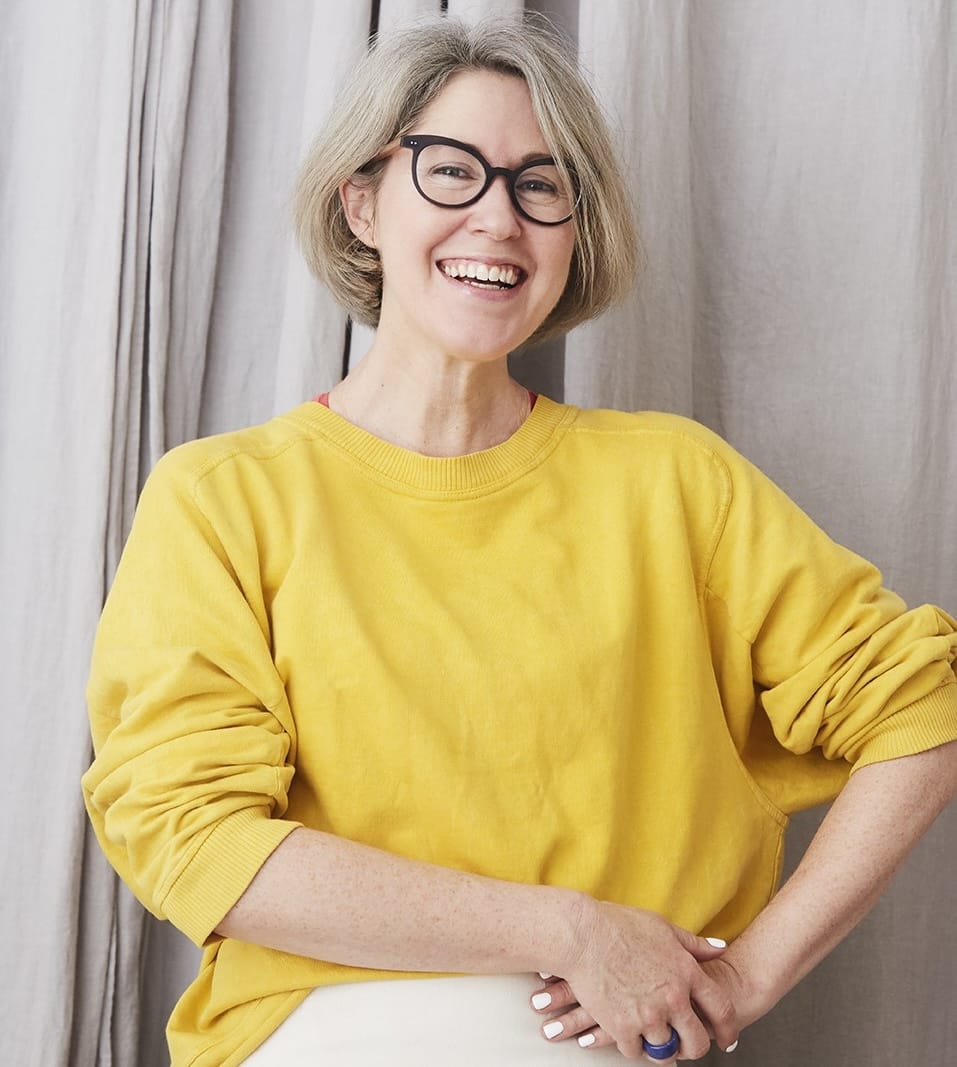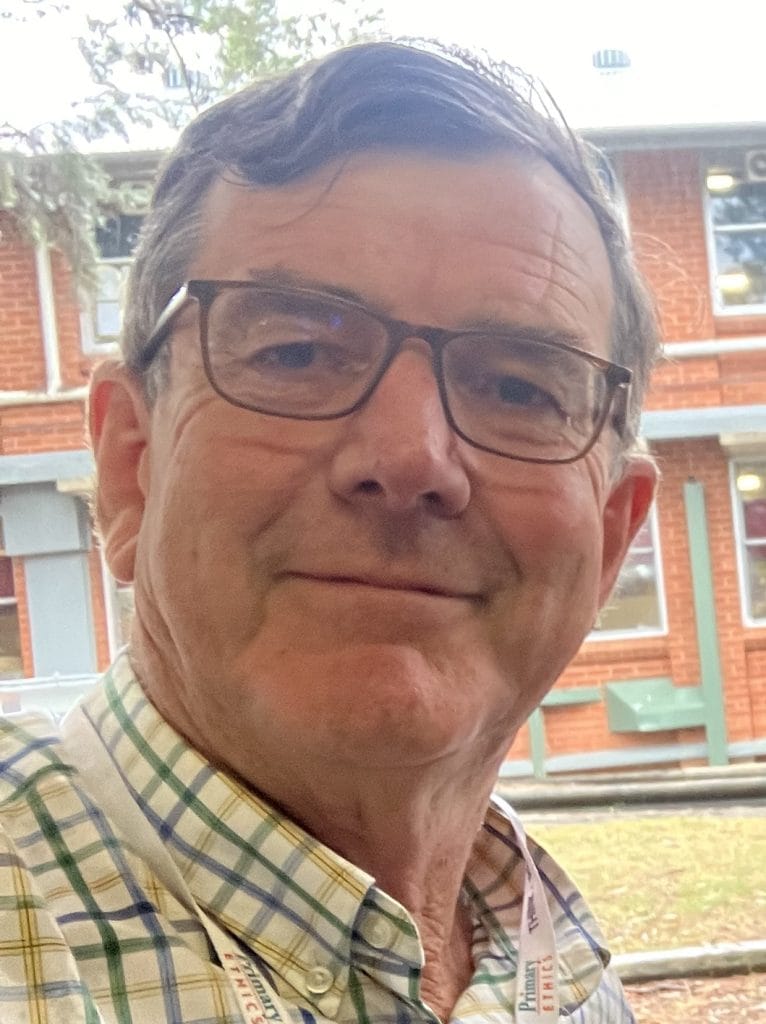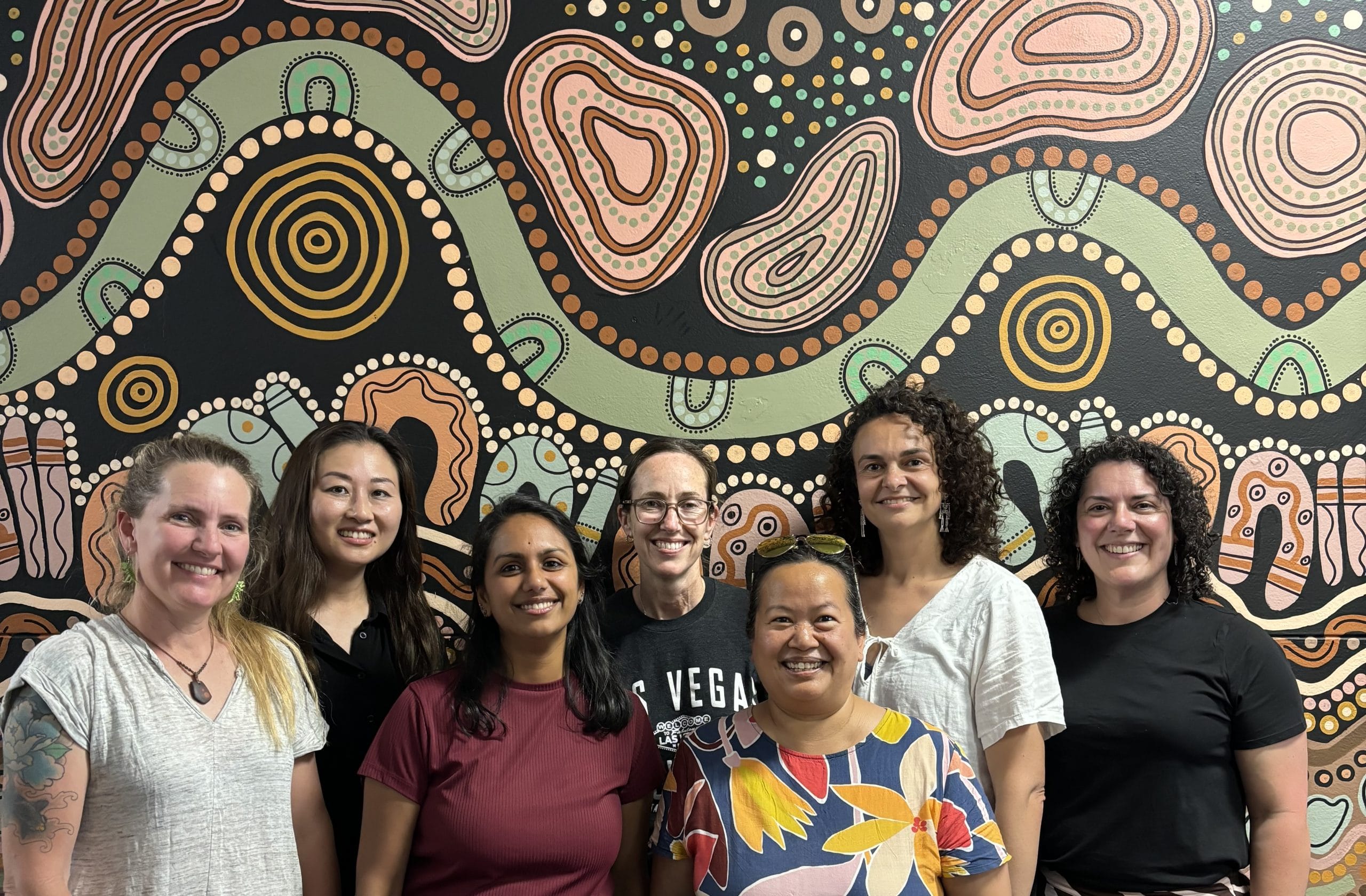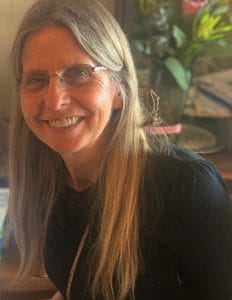Empowering young minds: webinars
We run regular one-hour webinars for anyone interested to find out more about what happens in ethics classes or about volunteering with us.
Perhaps your children already do ethics, are on a waitlist or starting school next year and you’d like to understand what they’ll experience in ethics. Perhaps you are considering how to give back in your local community.
In the webinar, you’ll be able to participate in a demo lesson to see our teaching style in action, hear first-hand from current ethics volunteers, hear about what impact ethics lessons have on children, plus all about our comprehensive free training and what’s involved in volunteering with us.
Click on an image for any session below to register. We welcome questions, which you can ask in advance when you register.







